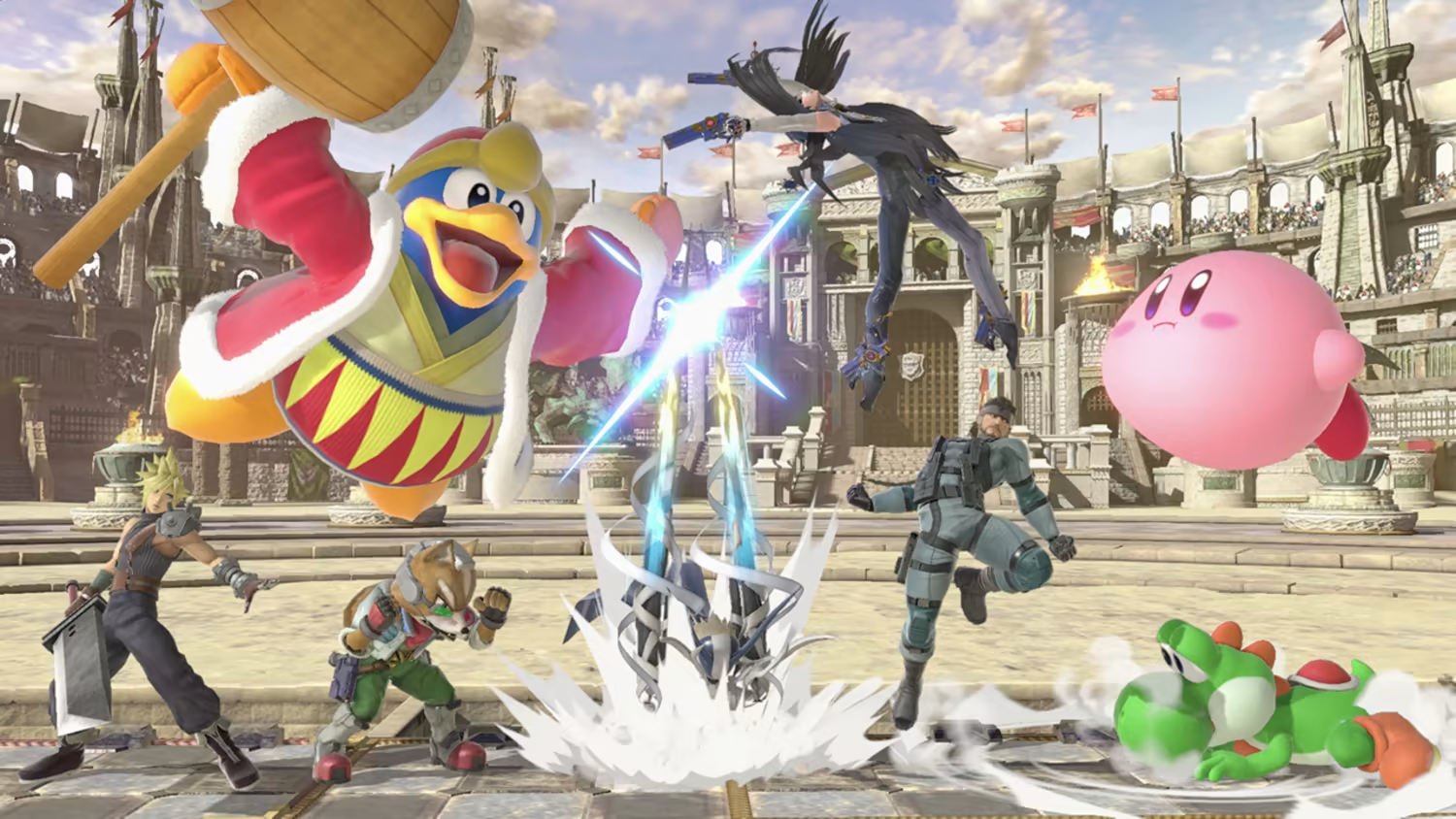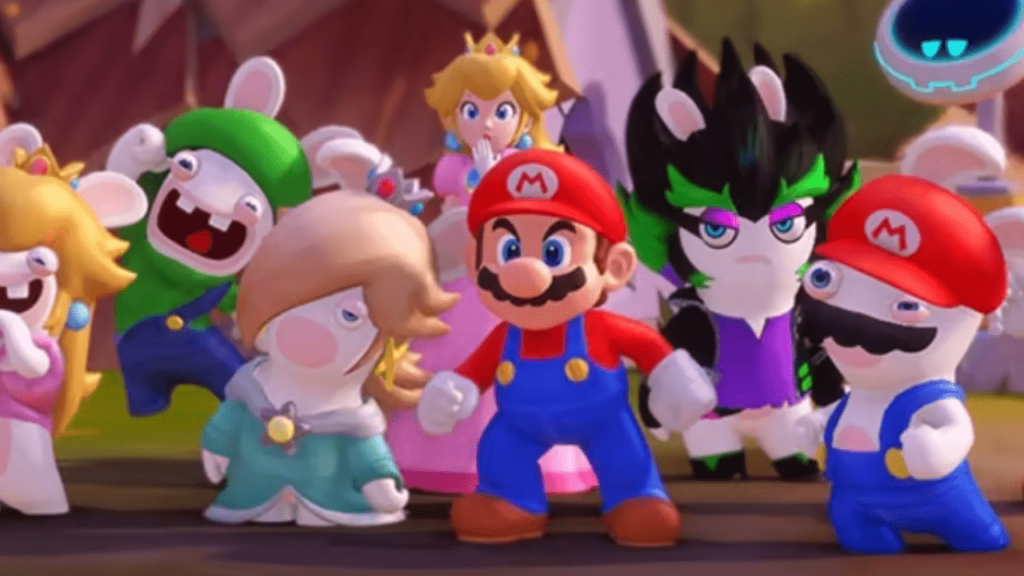Nintendo President Shuntaro Furukawa recently discussed whether the company might use generative AI technology in game development.

Super Mario RPG (2023), Nintendo screenshots
For those unfamiliar with generative AI, Google explains it on the Google AI website: “Generative AI can also help you create new content. Generative AI builds on existing technologies such as large language models (LLMs), which are trained on large amounts of text and learn to predict the next word in a sentence. For example, ‘peanut butter and ___’ is more likely to be followed by ‘jelly’ than ‘shoelaces’.”
Additionally, Google adds that “generative AI can create new text, as well as images, video, and audio.”
Examples of generative AI include ChatPT, Gemini, Copilot, DALL-E, Midjourney, and Sora.

The Legend of Zelda: Breath of the Wild (2017), Nintendo
Read: Alleged leaker claims Switch 2 will feature two high-profile RPGs for Nintendo’s new system
As reported and translated by Tweak Town, Furukawa took part in a Q&A with investors and was asked about Generative AI.
He replied, “In the game industry, AI-like technologies have long been used to control the movements of enemy characters, and game development and AI technology have always been closely related.”
He then specifically mentioned generative AI, saying, “Generative AI has been a hot topic in recent years, and while it has the potential to make us more creative, we are also aware that it comes with issues regarding intellectual property rights.”
He then went on to elaborate, saying, “We have decades of accumulated know-how in creating the best gaming experiences for our customers, and we want to continue to provide our own unique value that cannot be achieved through technology alone, while responding flexibly to technological developments.”

Animal Crossing: New Horizons (2020) screenshots, Nintendo
While many outlets, such as Tweak Town and Game World Observer, seem to interpret Furukawa’s comments as a rejection of generative AI technology in general, his comments are much more nuanced than that: he is clearly not saying that the company won’t use generative AI; he is simply pointing out that there are intellectual property rights issues surrounding it.
Furthermore, Furukawa also suggested that Nintendo would certainly respond to technological developments such as generative AI, but in addition to responding to this technology, he said the company plans to provide value that technology alone cannot provide, namely, that it would still embrace the creativity that can only come from a soul created by God.

Super Smash Bros. Ultimate (2018) screenshots, Nintendo
Read: Xbox and Microsoft implement new layoffs as companies adopt fully woke agenda
While Furukawa’s comments are not conclusive on generative AI, Microsoft’s Xbox has been working on the technology since November last year, when the company’s general manager of gaming AI, Haiyan Zhang, revealed that Microsoft and Xbox had partnered with Inworld AI “to build large-scale AI game dialogue and narrative tools.”
Zhang added: “This partnership brings together Inworld’s expertise working with generative AI models for character development, Microsoft’s cutting-edge cloud-based AI solutions including Azure OpenAI Services, Microsoft Research’s technical insights into the future of play, and Team Xbox’s strength in innovating accessible and responsible creator tools for all developers.”

Halo 2: Anniversary (2020), screenshots from 343 Industries
She went on to reveal Microsoft’s goals with the partnership: “Together, we aim to deliver an accessible, responsibly designed, multi-platform AI toolset that supports and empowers creators in the design of dialogue, stories, and quests.”
Specifically, the partnership is expected to produce the following results:
- It’s an AI design copilot that helps game designers explore more creative ideas, translating prompts into detailed scripts, dialogue trees, quests, and more.
- An AI character runtime engine that can be integrated into your game client, allowing players to experience entirely new narratives with dynamically generated stories, quests and dialogue.

Starfield (2023), Bethesda Game Studios screenshot
What do you think about Furukawa’s comments regarding Nintendo’s stance on generative AI?
Next article: Nintendo President Shuntaro Furukawa announces Switch successor will be unveiled later this year

